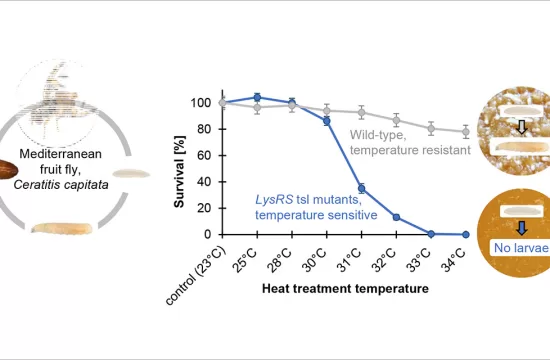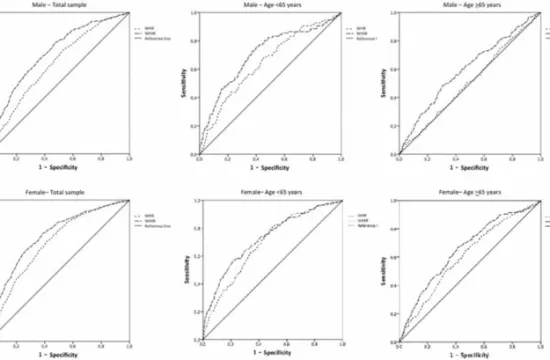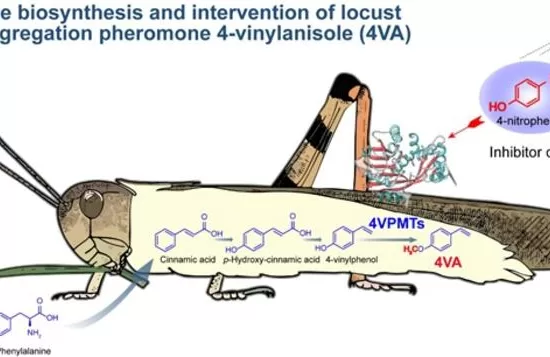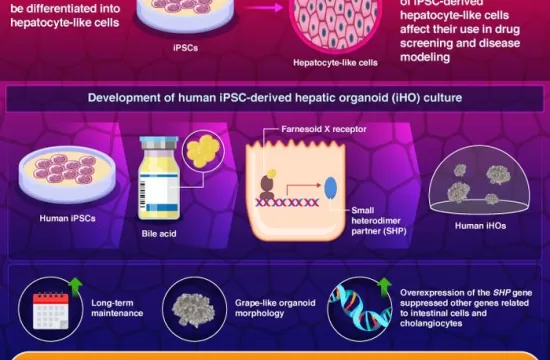Adults self-report their pain on one to 10 numerical scores, while children can point to an equivalent face scale — from a green smiling face to a red crying face — to indicate their pain.
Newborns, however, cannot say a number or point to a face, leaving it up to their caregivers to identify and evaluate any pain they may be in. Until the turn of this century, a significant number of clinicians did not recognize that neonates could even experience pain, resulting in infrequent, nonstandard training for medical workers.

“Continuing education is essential to maintain and increase nurses’ proficiency in neonatal pain assessment and treatment,” said corresponding author Mio Ozawa, associate professor in the Graduate School of Biomedical and Health Science at Hiroshima University. “Our results showed that e-learning programs were more effective as compared to no training.”
The researchers randomly divided recruited certified neonatal intensive care nurses from across Japan into two groups. One group received four weeks of online training in pain measurement, using structured scales designed for pre-term newborns, called the e-Pain Management of Neonates program.
The other group did not receive training. Participants in both groups took a pre-and post-test. While there were no differences in knowledge or skill in the pre-test scores between the two groups, the e-learning group scored higher for both knowledge and skill.
The research builds on a prior pilot study, in which 52 nurses completed the e-learning program and improved their test scores. However, without a control group for comparison, the evidence was not sufficient to illustrate the intervention’s effectiveness, according to Ozawa.
“In the current study, we tested the e-learning program with a randomized control trial, a more powerful research design than used with the pilot study,” Ozawa said. “To the best of our knowledge, this is the first such trial that investigates the effects of e-learning on the knowledge and skill in neonatal pain measurement for certified nurses across NICUs across multiple hospitals.”
The e-learning program consists of four modules, each of which takes about 15 minutes to complete. Participants could save their progress and return it at any point, as well as review it as many times as they wanted. While more nurses were more likely to access the program in the middle of the day or late at night on a weekday, participants still accessed the program at odd hours and over the weekend.
“An e-learning program may be a more efficient method as nurses can participate in the program at their own convenience,” Ozawa said. “In comparison with other health care professionals, NICU nurses stay at the bedside of newborns for the longest time to provide care, including invasive procedures. It is vital for nurses to be educated and trained in using the neonatal pain management scale.”
Ozawa emphasized that while this study did not demonstrate e-learning’s superiority as a learning method compared to traditional approaches, such as in-person training, it does indicate that e-learning can improve skills and knowledge.
“Learning in this program would allow nurses to acquire knowledge and skills concerning newborn pain, which is preferred over no education,” Ozawa said. “Further research is needed to determine how nurses’ training through e-learning programs is related to patient outcomes, such as more frequent pain assessment of infants by nurses and improved pain management.”
Other contributors include Kotomi Yamashita, assistant professor, Graduate School of Health Sciences, Okayama University, and Reo Kawano, associate professor, Clinical Research Center in Hiroshima, Hiroshima University Hospital.
They published the results of their randomized, controlled study on July 30 in Pain Management Nursing.







